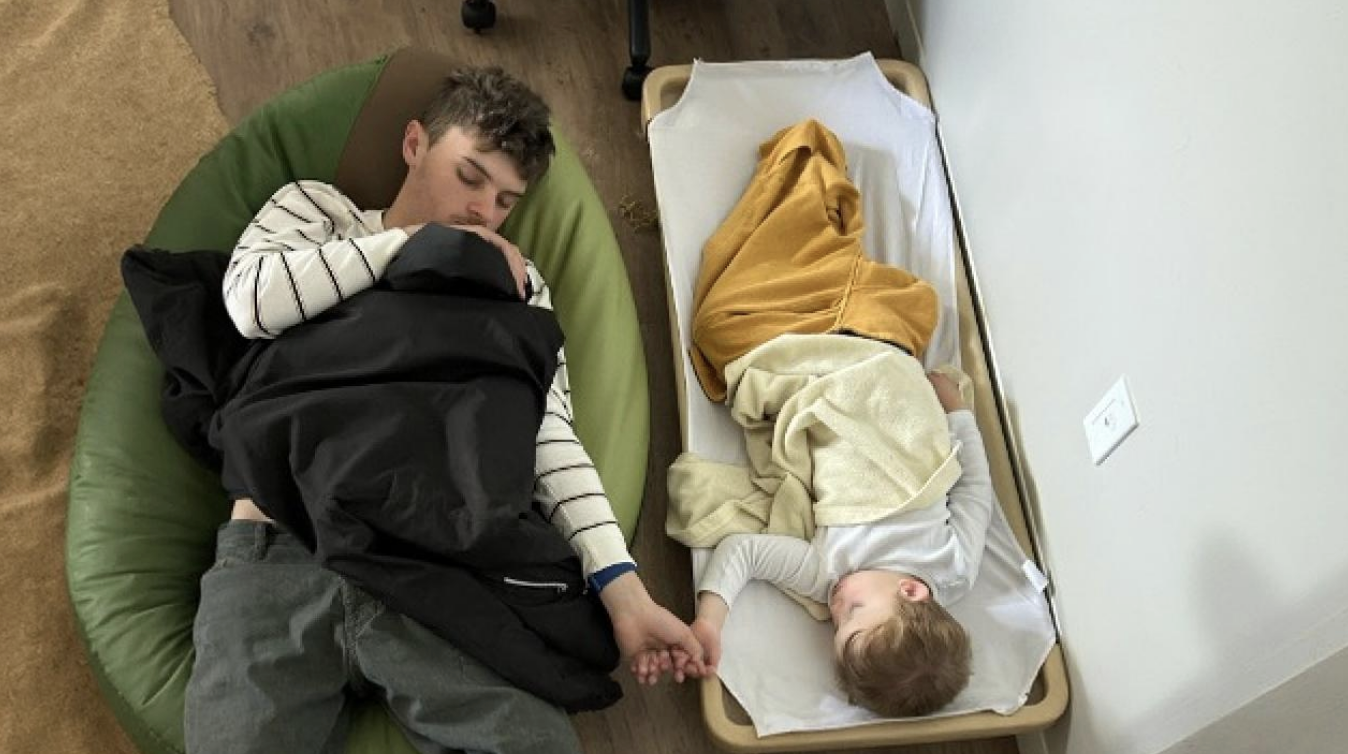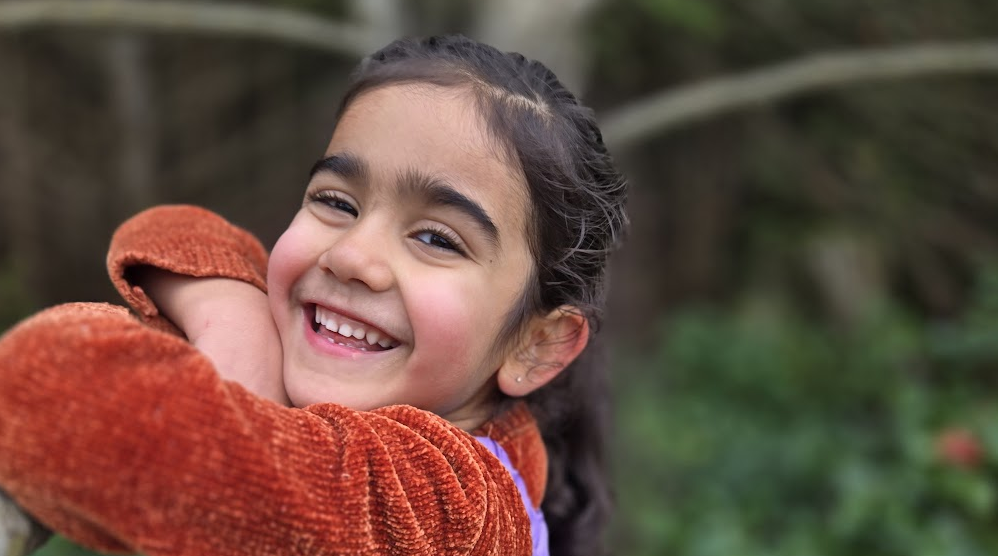The habit of exercise is one of the important gifts adults can give to their children. Exercise can not only be beneficial, but also fun when it becomes part of a child’s playtime, building strength, coordination, balance and confidence. In a loving and secure atmosphere, a child can play and prepare to master each physical development stage successfully. The relationship the parent establishes with the child will constitute an excellent foundation for a lifetime of shared activities. A deliberate effort to develop children’s physical and mental capabilities should be made before they enter the school system. This responsibility lies with the parent and/or caregiver.
” Exercise can not only be beneficial, but also fun when it becomes part of a child’s playtime, building strength, coordination, balance and confidence”
Basic points to remember when exercising with a young child:
DO
- Dress the child in loose fitting clothes. If the weather is warm, the fewer clothes the better
- Babies and children relax more readily when they wear nothing or very little.
- Dress comfortably yourself in loose fitting everyday clothes.
- Let your baby go barefoot. Bare feet can be exercised and the baby’s sense of touch developed.
- With an older child, if a shoe must be worn, choose a nonslip slipper or sneaker.
- Select a favourite toy for your child. This toy can be useful in relaxing the child, drawing attention to a movement, or initiating a particular exercise.
- Encourage initiative by choosing interesting and safe toys. Commercial toys are good, but usually children enjoy the things that parents use; for example, a pot, wooden spoon, potato masher, plastic container or other household item.
- Exercise on a mat, carpet or grass.
- Be totally committed to your child and this exercise session. If you are jumping up and down to answer the telephone or to do something else, the child will feel tense and much of the value of exercising will be lost.
- Adapt the time of exercising and type of exercises to the tempo of the day. It is useless to try to exercise and cook. It is also useless to try to exercise if your child is tired, hungry, and/or generally cranky. You and your child must both demonstrate a willingness to share this experience fully. A good suggestion is to play a favourite record to set a relaxing atmosphere throughout the activity session.
- Begin each exercise by talking and hugging; build trust based on reassurance and enjoyment.
- Select exercises at the beginning of each session to relax your child. Progress slowly, gradually introducing some of the more vigorous exercises at opportune times.
- Listen to your child, noting behaviour and gestures. Children know their capabilities best and will indicate when they are ready to stop an exercise.
- Encourage the timid and/or lazy child. Some children need more encouragement than others.
- Most of all, smile, cuddle and have fun.

DON’T
- Don’t force your child’s body. If there is evidence of resistance, try again another day.
- Don’t tire your child. Do one or two exercises and if the child is having fun, then continue. If not, try another approach. If this approach fails, try some other time or another day.
- Don’t compare the accomplishments of your child with another child’s abilities. Each child is unique and will progress at his or her own pace.












